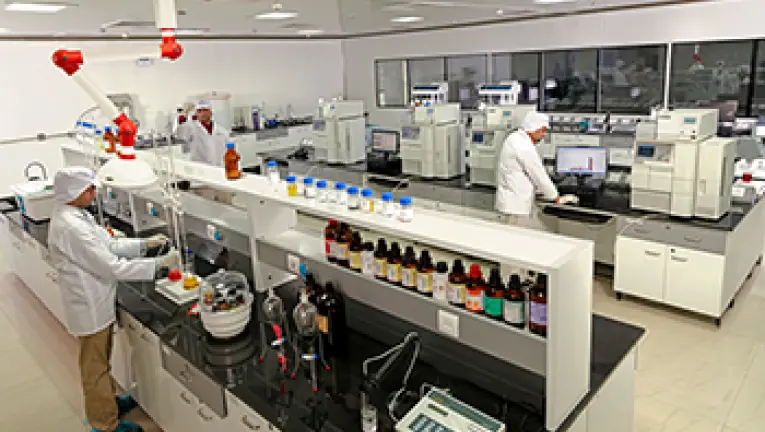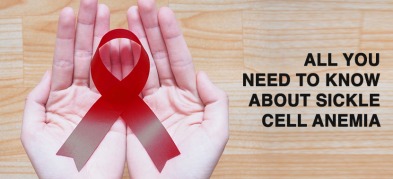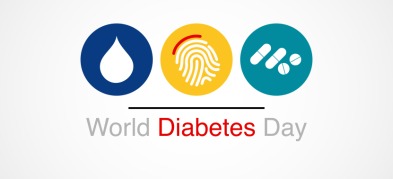World Alzheimer’s Day: Know about the 7 Stages of Alzheimer’s disease
Alzheimer’s disease is referred to as a type of dementia that impairs memory, thinking capabilities, and behavior of the people. It is a progressive disease that develops slowly and gradually worsens over a period of several years.
In many cases, it also create problems with language, problem solving skills and body movement with progression. According to the World Health Organization (WHO), almost 50 million people suffer from dementia globally and Alzheimer’s disease contributes to almost 60% to 70% of the cases.
The rate of Alzheimer’s progression and symptoms may vary from person to person. Typically, the progression of the disease can be divided into 7 stages.
Stage 1: No impairment (normal outward behavior)
In the initial stage, Alzheimer’s disease remains undetected. There is no memory impairment and no evident symptoms of dementia are detected. In medical terms, this stage is also known as “no cognitive decline”.
Stage 2: Very mild cognitive decline
In the second stage, patients begin to experience minor memory-related problems. They encounter typical forgetfulness, generally associated with ageing. For instance, forgetting words and misplacing objects are some of the actions that may indicate towards the second stage.
Stage 3: Mild cognitive decline
The third stage is often recognized as the start of notable cognitive problems. Physicians can conduct memory tests to detect Alzheimer’s and impairments. Finding the right words during conversations, difficulty in organizing and planning things, trouble with remembering names of new people, etc. are some of the problems patients face during this stage.
Stage 4: Moderate cognitive decline
Clear cut symptoms of the Alzheimer’s disease become apparent in the fourth stage. Problems faced in the third stage become more prevalent and new issues appear. The patients may forget their past or historical details and face troubles in remembering days, dates, months, seasons, etc. Some patients also experience poor short-term memory.
Stage 5: Moderately severe cognitive decline
Patients in the fifth stage start facing difficulties to complete their day-to-day activities and require consistent help from their family members. They experience problems with basic tasks like dressing and cooking. They may also lose track of themselves and face trouble in remembering their personal information like contact number, address, etc.
Stage 6: Severe cognitive decline
Patients suffering from the sixth stage Alzheimer’s require constant supervision and professional help. Confusion with regards to the surroundings, inability to recognize faces, loss of bladder and bowel control, diminishing speech ability, etc. are some of notable changes. In many cases, patients also suffer personality changes like delusion, anxiety or agitation.
Stage 7: Very severe cognitive decline
Also known as the last dementia, patients lose ability to communicate and respond to their environment in the seventh stage. They may face major difficulty in performing basic actions like walking, eating and sitting.
Although Alzheimer’s disease is irreversible and incurable, medical experts at the top pharmaceutical companies believe that medications, pharmaceutical products, and management strategies can temporarily help in improving the symptoms of the patients.
Disclaimer This blog solely intended for the educational/informational/awareness purposes and is not a substitute for any professional medical advice, diagnosis or treatment. Please consult your doctor/healthcare professional before acting on the information provided on the blog. Reliance on any or all information provided in the blog, is solely at your own risk and responsibility. Mankind Pharma Limited shall not be held liable, in any circumstance whatsoever.











